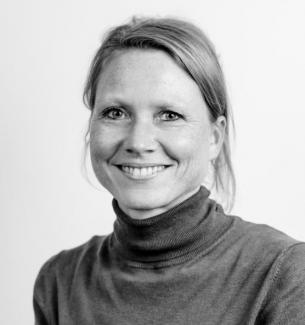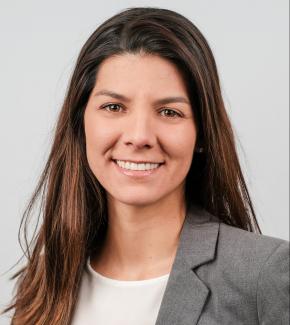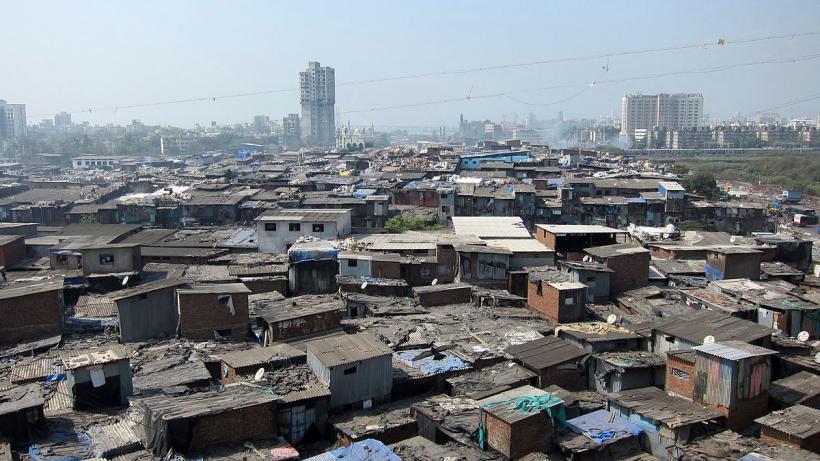Coping with COVID-19 measures in informal settlements
One of the most, if not the most, at-risk groups of COVID-19 is thought to be the urban poor, living in overcrowded conditions with very limited access to public (health) infrastructure. One billion people live in such informal settlements, more than half of these in Asia, almost a fifth in India.
Their ability to follow governments’ and scientists’ advise on mitigation strategies, such as handwashing, social distancing, and the shielding of elderly and vulnerable groups, will be significantly hampered by the hardships they face on a daily basis, which include lack of access to water and sanitation systems (at home) and overcrowded living. To add to their hardship in implementing necessary measures to stop the spread of the virus, their reliance on casual labour and micro-businesses implies an unreplaced loss of income resulting from the measures. Supporting this highly vulnerable group is further impeded by lack of data on this population.
This project aims to generate data on how slum dwellers are coping with policy responses to mitigate the spread of COVID-19 and to have impact on policymaking in three areas:
- On hygiene practices, by showing to what extent this highly vulnerable group is following government advice and how this is a function of the constraints they face.
- On containment measures, by showing to what extent citizens living in over-crowded areas, such as slum dwellers, are able to self-isolate.
- On the economic impact of the crisis, by providing data on the extent to which slum dwellers are able to maintain their economic activity and employment.







